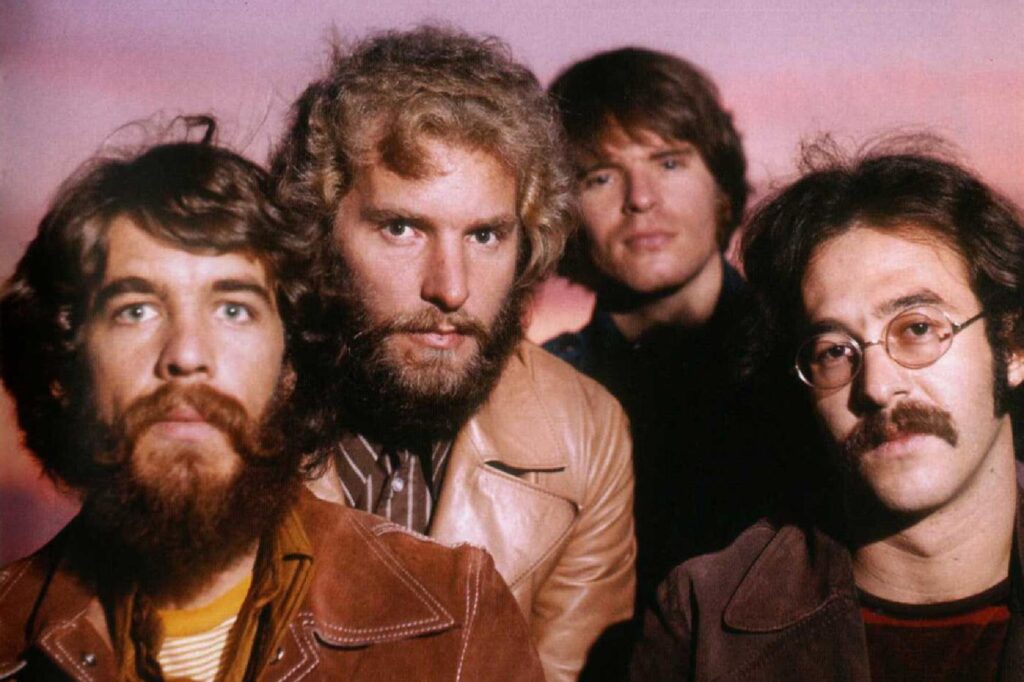
Creedence Clearwater Revival – “Fortunate Son”: A Timeless Protest Anthem Against Inequality
Released in 1969, “Fortunate Son” by Creedence Clearwater Revival (CCR) quickly became one of the most iconic protest songs of the 1960s. Written by lead singer and songwriter John Fogerty, the song was a direct critique of the inequalities and hypocrisy that were rampant during the Vietnam War era. It reflects the frustrations of the working class and those who were sent to fight while the privileged class found ways to avoid service. “Fortunate Son” hit a chord with the youth of America, and its powerful message helped it become a rallying cry for the anti-war movement.
The song reached #14 on the Billboard Hot 100 and has remained one of CCR’s most recognizable tracks. With its driving rhythm, catchy guitar riff, and Fogerty’s distinctive vocals, “Fortunate Son” is a song that not only captured the spirit of its time but also transcended it. Its timeless relevance speaks to the ongoing conversation about privilege, class disparity, and the impact of war on society.
At the heart of “Fortunate Son” is a critique of the disparity between the elite and those who are forced to fight wars that they did not have a hand in starting. The lyrics, “It ain’t me, it ain’t me, I ain’t no senator’s son,” echo the sentiment that the rich and powerful were able to dodge military service through their influence, while young men from poorer backgrounds were sent to the front lines. The song’s raw emotion and rebellious tone resonated deeply with those who were questioning authority and challenging societal norms.
Creedence Clearwater Revival was already known for their ability to blend rock with socially conscious lyrics, but with “Fortunate Son,” they took it to another level, addressing one of the most controversial issues of the time. The song quickly became an anthem for the counterculture and anti-establishment movements, and its message still resonates today in the context of social justice, inequality, and the continuing debates over military intervention.
Over the decades, “Fortunate Son” has been featured in numerous films, television shows, and documentaries, cementing its place as a timeless anthem of rebellion and resistance. As relevant today as it was in the 1960s, the song stands as a reminder of the power of music to reflect societal issues and inspire change.